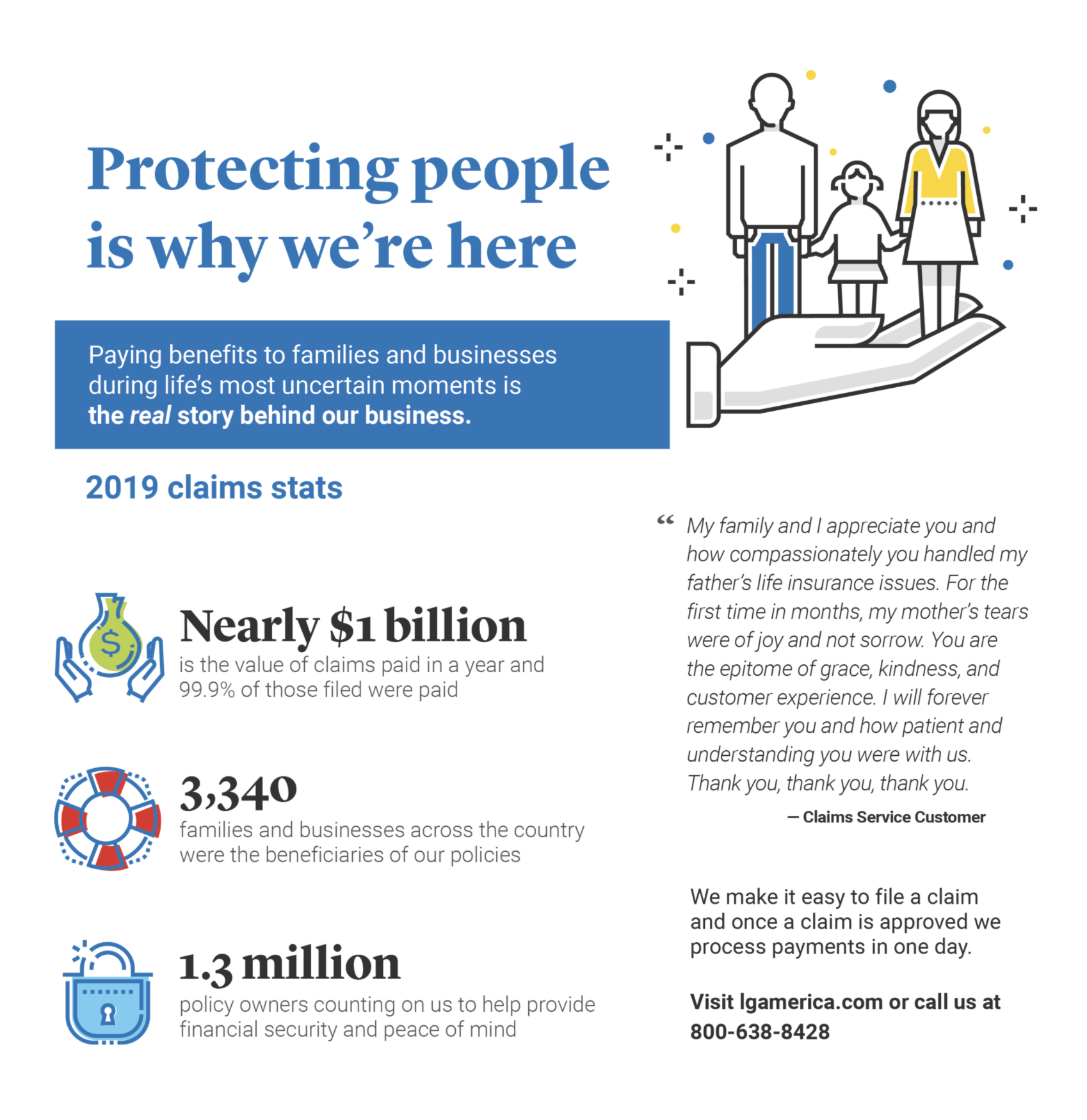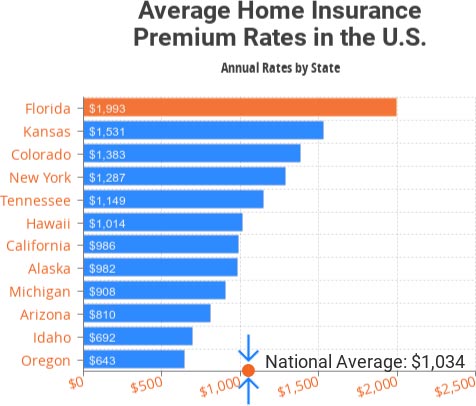A life insurance coverage policy is an agreement with an insurer. In exchange for premium payments, the insurer provides a lump-sum payment, referred to as a survivor benefit, to recipients upon the insured's death. Typically, life insurance coverage is picked based on the requirements and objectives of the owner. Term life insurance coverage typically offers security for a set duration of time, while irreversible insurance coverage, such as entire and universal life, provides lifetime coverage.
1 There are many varieties of life insurance. A few of the more typical types are talked about listed below. Term life insurance coverage is created to offer monetary protection for a specific time period, such as 10 or twenty years. With traditional term insurance coverage, the superior payment quantity stays the very same for the coverage duration you select.
Term life insurance coverage is normally cheaper than permanent life insurance coverage. Term life insurance proceeds can be used to change lost possible income during working years. This can provide a safety net for your recipients and can also help ensure the family's monetary objectives will still be metgoals like paying off a home loan, keeping an organisation running, and paying for college.

Universal life insurance coverage is a kind of long-term life insurance coverage developed to supply life time protection. Unlike whole life insurance, universal life insurance coverage policies are versatile and might permit you to raise or decrease your premium payment or protection quantities throughout your lifetime. In addition, due to its life time coverage, universal life generally has higher premium payments than term.
Not known Incorrect Statements About Which Of These Is Not A Reason For A Business To Buy Key Person Life Insurance?
Another typical usage is long term earnings replacement, where the requirement extends beyond working years. Some universal life insurance coverage product creates focus on offering both death benefit coverage and building cash value while others focus on offering ensured death benefit coverage. Whole life insurance is a kind of permanent life insurance created to provide lifetime protection.
Policy premium payments are usually fixed, and, unlike term, entire life has a cash value, which operates as a cost savings component and might build up tax-deferred over time. Whole life can be used as an estate planning tool to assist protect the wealth you plan to transfer to your recipients. Income replacement throughout working years Wealth transfer, earnings protection and some styles concentrate on tax-deferred wealth build-up Wealth transfer, preservation and, tax-deferred wealth accumulation Developed for a particular period (normally a variety of years) Versatile; normally, for a life time For a lifetime Generally cheaper than long-term Normally more expensive than term Normally more expensive than term Typically fixed Flexible Typically set Yes, typically earnings tax-free Yes, usually income tax-free Yes, usually income tax-free No No2 No No Yes Yes Yes, Fidelity Term Life Insurance3 Yes, Universal Life Insurance, mainly focused on survivor benefit security No, standard Whole Life Insurance is not currently offered Insurance companies utilize rate classes, or risk-related categories, to determine your premium payments; these classifications do not, however, impact the length or amount of protection.
Tobacco use, for example, would increase danger and, therefore cause your premium payment to be greater than that of someone who does not use tobacco.
Life insurance is an agreement between an insurer and a policyholder in which the insurer warranties payment of a death advantage to called beneficiaries when the insured dies. The insurer promises a death advantage in exchange for premiums paid by the policyholder. Life insurance coverage is a lawfully binding contract.
The 2-Minute Rule for What Type Of Insurance Offers Permanent Life Coverage With Premiums That Are Payable For Life
For a life insurance policy to remain in force, the insurance policy holder must pay a single premium in advance or pay routine premiums in time. When the insured dies, the policy's named beneficiaries will receive the policy's face worth, or death advantage. Term life insurance policies expire after a particular number of years.
A life insurance coverage policy is only as good as the monetary strength of the company that provides it. State warranty funds might pay claims if the provider can't. Life insurance provides monetary support to enduring dependents or other beneficiaries after the death of a guaranteed (how do life insurance companies make money). Here are some examples of individuals who may need life insurance coverage: If a moms and dad dies, the loss of his/her earnings or caregiving skills could produce a monetary hardship.
For children who require long-lasting care and will never ever be self-dependent, life insurance coverage can make sure their requirements will be fulfilled after their moms and dads pass away. The death advantage can be used to money a special requirements trust that a fiduciary will handle for the adult kid's advantage. how long do you have to have life insurance before you die. Married or not, if the death Look at more info of one adult would suggest that the other could no longer manage loan payments, maintenance, and taxes on the property, life insurance may be a good idea.
Numerous adult kids compromise by taking time off work to take care of an elderly moms and dad who needs help. This assistance may likewise include direct financial backing. Life insurance coverage can assist repay the adult kid's expenses when the moms and dad passes away. Young person without dependents seldom require life insurance coverage, but if a moms and dad will be on the hook for a child's debt after his or her death, the child might desire to bring enough life insurance coverage to pay off that debt.
Facts About What Does Life Insurance Cover Uncovered
A 20-something grownup might purchase a policy even without having dependents if there is an expectation to have them in the future. Life insurance coverage can provide funds to cover the taxes and keep the amount of the estate undamaged.' A little life insurance coverage policy can offer funds to honor a loved one's death.
Instead of selecting between a pension payout that offers a spousal benefit and one that does not, pensioners can pick to accept their full pension and use some of the money to purchase life insurance to benefit their spouse. This technique is called pension maximization. A life insurance policy can has 2 primary parts - a death benefit and a premium.
The death benefit or face value is the amount of money the insurance coverage company guarantees to the recipients recognized in the policy when the insured passes away - what is universal life insurance. The guaranteed may be a moms and dad, and the recipients might be their children, for instance. The guaranteed will pick the desired survivor benefit quantity https://www.openlearning.com/u/destiny-qfl8st/blog/HowMuchIsLifeInsuranceForA55YearOldThingsToKnowBeforeYouBuy/ based upon the recipients' projected future requirements.
Premiums are the cash the policyholder spends for insurance coverage. The insurer should pay the survivor benefit when the insured passes away if the policyholder pays the premiums as required, and premiums are determined in part by how likely it is that the insurance provider will have to pay the policy's death benefit based on the insured's life span.
The Best Guide To How To Get Life Insurance License
Part of the premium also approaches the insurance provider's business expenses. Premiums are higher on policies with larger death advantages, individuals who are higher risk, and long-term policies that collect money value. The cash value of permanent life insurance serves 2 functions. It is a cost savings account that the policyholder can use throughout the life of the insured; the money collects on a tax-deferred basis.

For example, the policyholder might secure a loan against the policy's cash worth and have to pay interest on the loan principal. The policyholder can also utilize the cash worth to pay premiums or purchase additional insurance coverage. The money worth is a living benefit that remains with the insurer when the insured passes away.